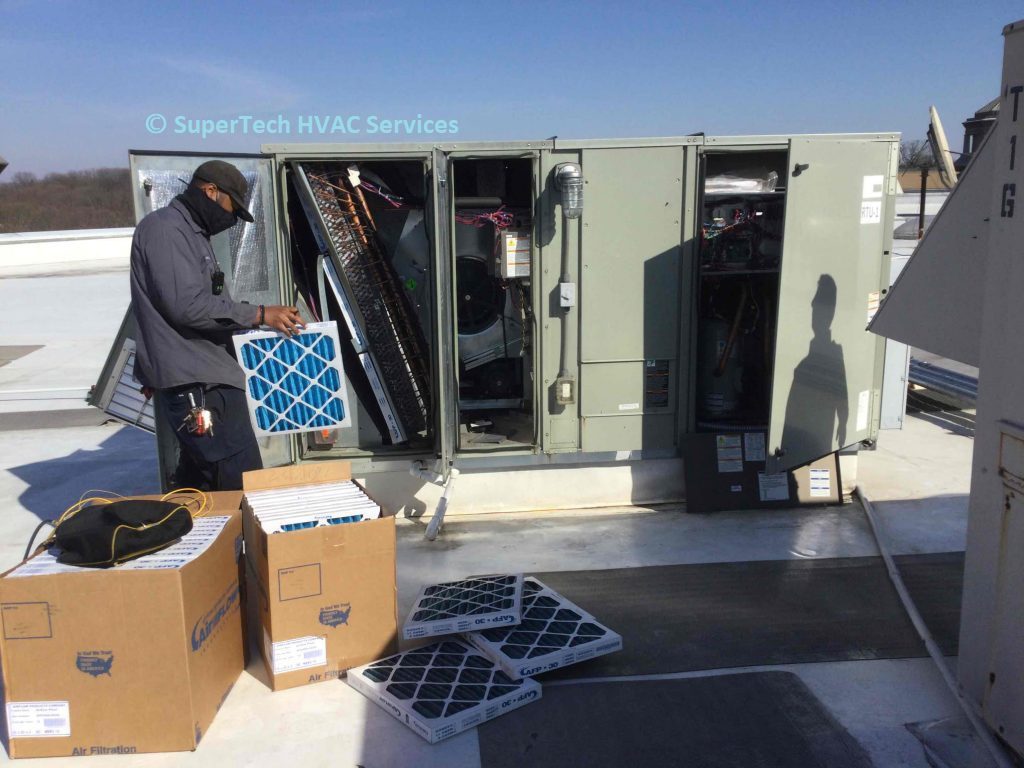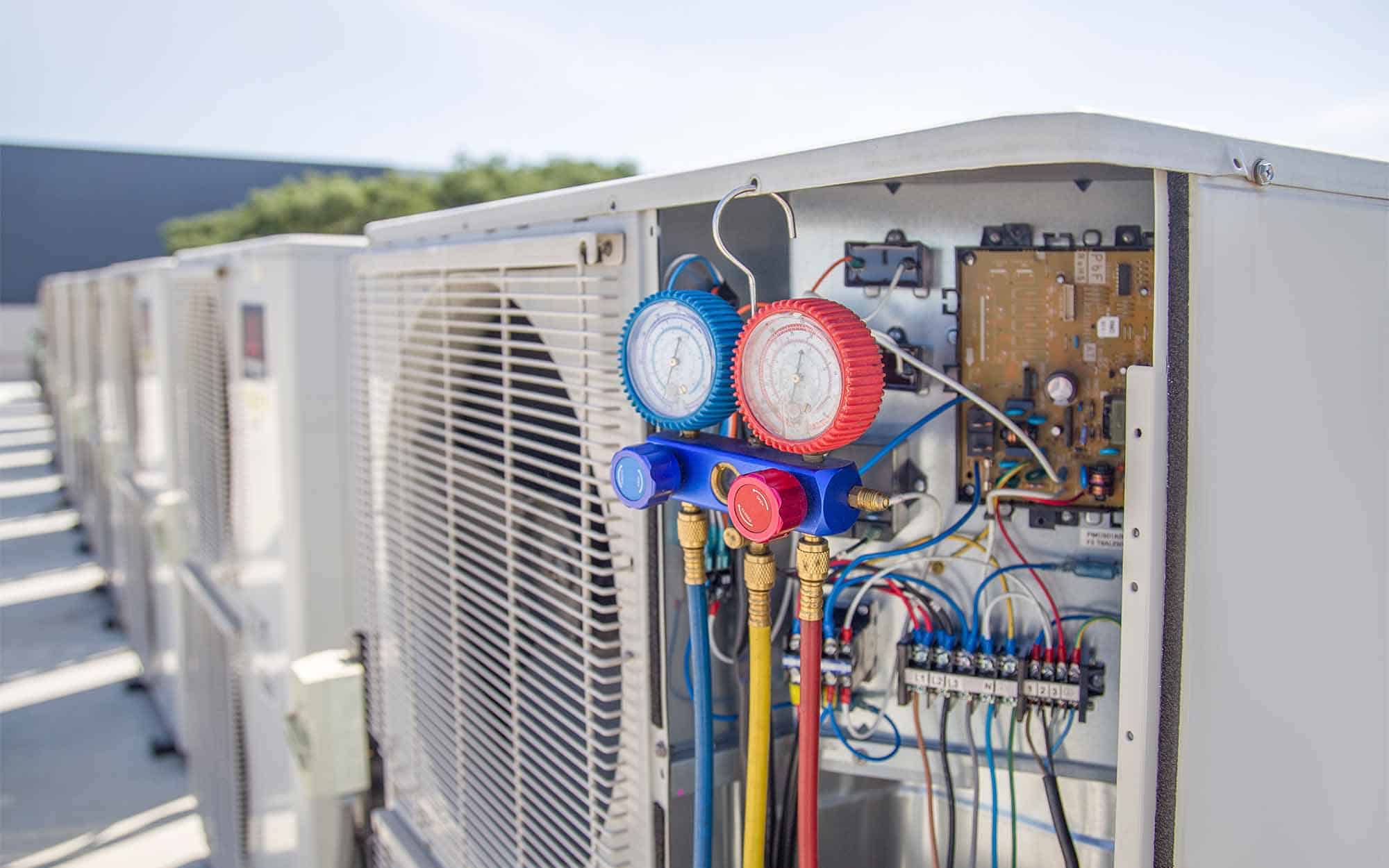Choosing the Right Time for furnace replacement
Choosing the Right Time for furnace replacement
Blog Article
Selecting Between a Warmth Pump and Heater: Trick Factors To Consider for Your Heating And Cooling Requirements
When reviewing home heating choices for a/c needs, the choice in between a warmth pump and a heating system can be complex. Each system supplies distinctive advantages customized to certain climates and power performance goals. Understanding these distinctions is important for making an informed option. Key factors such as installment costs and ecological effect even more make complex the choice process. Which alternative genuinely aligns with one's convenience and sustainability preferences? The following areas will discover these considerations thoroughly.
Understanding Warmth Pumps: Exactly How They Function and Their Benefits
While numerous property owners take into consideration different home heating choices, understanding exactly how heatpump feature and their benefits can considerably influence their decision. Heatpump operate by moving warmth instead than generating it. In the winter months, they extract warm from the outdoors air or ground and transfer it inside your home, while in the summer season, they reverse this process, cooling the home by eliminating heat outside. This twin functionality makes them flexible for year-round environment control.One of the key benefits of heatpump is their power performance. They use significantly much less power compared to conventional furnace, possibly causing reduced utility bills (ductless mini splits). Furthermore, warm pumps have a smaller sized carbon footprint, making them an environmentally friendly option. They also need much less maintenance than conventional systems, contributing to lasting price savings. In general, understanding the auto mechanics and advantages of warm pumps can assist house owners make educated decisions concerning their home heating and cooling requirements
Checking Out Heating Systems: Types, Operation, and Advantages
Furnaces can be found in numerous kinds, consisting of gas, electric, and oil models, each with distinct operational devices. Understanding these differences is crucial, as they affect effectiveness and home heating efficiency. In addition, furnaces supply countless advantages, such as constant warm output and integrity in cooler climates.
Sorts of Heaters
Furnace can differ significantly in style and procedure, with heaters being a preferred selection among house owners. There are a number of types of heaters, each utilizing various fuel resources and innovations. Gas heating systems are usual, leveraging gas to produce warmth effectively. Electric heating systems, on the various other hand, use electric resistance to produce warmth, often preferred for their straightforward installment. Oil furnaces, while much less common, are reliable in areas with minimal gas access (heat pump installation ooltewah tn). Furthermore, condensing heaters maximize power effectiveness by catching and recycling exhaust gases. Each kind operates through a system of warm exchangers and ductwork to disperse warm air throughout a home. Comprehending the differences between these heater kinds is important for notified HVAC choices
Benefits of Furnaces
For house owners looking for reputable heat during chilly months, the benefits of heaters are significant. Heating systems offer regular heating, guaranteeing even temperature levels throughout the home. They are specifically effective in extreme cold, commonly surpassing warm pumps in cold problems. Various types, including gas, electric, and oil furnaces, provide adaptability to fulfill varied needs and preferences.Furnaces likewise have a tendency to have lower preliminary setup expenses contrasted to warm pumps, making them a much more obtainable alternative for several. Their durable layout adds to a much longer life-span, with several devices lasting over 15 years with appropriate upkeep. In addition, contemporary furnaces are often equipped with innovative technology for boosted effectiveness, which can bring about lowered power expenses. Overall, furnaces remain a reliable choice for reliable home heating.

Power Efficiency: Contrasting Warmth Pumps and Furnaces
When comparing energy effectiveness between heatpump and heating systems, the Seasonal Energy Performance Ratio (SEER) plays an essential function in determining efficiency. In addition, an operational expense analysis exposes the long-term economic ramifications of each system. Comprehending these factors can assist house owners in making informed decisions concerning their home heating services.
Seasonal Energy Effectiveness Proportion
Power effectiveness plays a necessary function in the decision-making process between heatpump and furnaces, specifically when taking into consideration the Seasonal Power Performance Ratio (SEER) This metric actions the cooling performance of heatpump over an entire air conditioning season, providing a standard method to evaluate efficiency. Higher SEER rankings show better energy performance, translating to lower power intake and lowered energy costs. On the other hand, heaters are generally evaluated utilizing the Annual Fuel Utilization Efficiency (AFUE) ranking, which mirrors home heating effectiveness. When comparing these two systems, homeowners must focus on SEER scores for heat pumps, as they straight effect general energy financial savings and environmental sustainability. A detailed understanding of SEER can notably affect the long-term complete satisfaction and cost-effectiveness of the selected heating and cooling service.
Functional Expense Evaluation
Understanding the functional expenses associated with heatpump and heating systems is important for homeowners reviewing their choices. Heatpump commonly use higher power efficiency, transforming electric power into heat with very little waste. This causes reduced regular monthly energy costs, especially in modest environments. Alternatively, typical heaters, especially gas models, might have lower upfront prices however can incur greater functional costs over time because of sustain costs and performance ratings.Moreover, heat pumps can operate as both heating and cooling systems, possibly reducing the need for different heating and cooling devices. While preliminary investments for warm pumps might be higher, their long-lasting cost savings in power performance can make them a more affordable selection for many families. Mindful evaluation of local energy rates is important to figure out the most effective option.
Setup Prices: What to Expect for every Heater
Installment costs for heating unit can vary substantially in between warmth pumps and furnaces, influencing homeowners' choices. Heatpump typically have greater ahead of time setup expenses, commonly varying from $3,500 to $8,000, depending on the system size and intricacy of installation. This includes the outside device, indoor handling system, and needed ductwork modifications. On the other hand, heaters have a tendency to have lower first expenses, averaging between $2,500 and $6,000, which can be appealing for budget-conscious house owners. Nonetheless, setup expenses can enhance if comprehensive ductwork is required.Moreover, the option of fuel kind for furnaces-- gas, lp, or electric-- can additionally influence installment prices. While heatpump provide energy performance, their first financial investment may deter some purchasers. Ultimately, evaluating installment costs together with long-term financial savings and effectiveness will help homeowners in making educated choices about their heating unit.
Climate Considerations: Which System Executes Much Better in Your Location
Exactly how do climate problems affect the performance of heating systems? The efficiency of heatpump and heating systems can vary considerably depending upon the neighborhood climate. In moderate environments, heat pumps excel by efficiently transferring warm from the outside air, making them an energy-saving option. Nevertheless, their performance lessens in incredibly chilly temperature levels, where they may battle to draw out adequate warmth. Conversely, heating systems, especially gas designs, offer consistent and trusted warm regardless of exterior conditions, making them better in cooler regions.In locations that experience milder winters months, heatpump can run properly year-round, providing both home heating and air conditioning. On the other hand, areas with severe wintertimes often benefit from the effectiveness of heating systems. Eventually, comprehending the neighborhood climate is important when making a decision in between a heatpump and a heater, as it straight impacts their functional performance and try here total efficiency.
Upkeep Demands: Long-Term Care for Heat Pumps vs. Furnaces
While both heatpump and heaters need regular maintenance to assure peak performance, their certain needs and care regimens differ substantially. Heating systems usually require less constant focus, with annual evaluations being enough to examine for gas leaks, tidy filters, and evaluate total capability. Their simpler layout commonly permits straightforward repairs.In comparison, heat pumps demand biannual upkeep due to their dual role in cooling and heating. This consists of cleaning coils, examining refrigerant degrees, and guaranteeing that both the indoor and outside devices operate at their ideal. Additionally, warm pump maintenance commonly includes even more intricate elements, making professional maintenance essential.Neglecting maintenance can result in lessened efficiency and raised energy costs for both systems. Ultimately, homeowners ought to consider these lasting care demands when selecting in between a heatpump and a heating system, as positive upkeep can prolong the life-span and efficiency of either system considerably.
Environmental Effect: Picking a Lasting Home Heating Option
The environmental impact of home heating systems is a critical evaluation for property owners seeking sustainable choices. Warm pumps are normally a lot more energy-efficient than typical furnaces, as they move warm as opposed to create it, greatly reducing carbon exhausts. By utilizing renewable resource resources, such as air-source or geothermal warmth pumps, home owners can further decrease their environmental footprint.On the various other hand, natural gas furnaces release greenhouse gases and add to air pollution, though they frequently offer higher warmth result. Improvements in technology have actually led to the growth of high-efficiency heating systems that minimize emissions.Ultimately, picking a home heating system involves considering effectiveness against ecological effect. Property owners are encouraged to reflect on neighborhood power resources and incentives for renewable systems, making certain an option that straightens with both individual comfort and environmental duty. The decision impacts not only instant comfort yet additionally long-lasting sustainability and environmental wellness.
Often Asked Concerns
For How Long Do Heat Pumps and Furnaces Typically Last?
The life expectancy of heatpump typically varies from 15 to two decades, while heaters can last in between 15 to thirty years. Regular maintenance significantly Get More Information impacts their durability and efficiency in supplying heating remedies.
Can I Make Use Of a Heatpump in Extremely Cold Climates?
Heatpump can run in very cold climates, however their performance decreases as temperature levels drop. In such conditions, extra heating sources might be essential to preserve comfortable interior temperature levels and assure peak performance.

What Is the Sound Level of Warmth Pumps Versus Furnaces?
The noise degrees of warm pumps and furnaces differ substantially. Normally, warm pumps operate more silently than standard heating systems, making them more effective for those delicate to seem, while heating systems might produce louder functional sounds throughout home heating cycles.
Are Warm Pumps Suitable for Both Cooling And Heating?
Warmth pumps are certainly suitable for both cooling and heating (heat pump replacement ooltewah tn). They function by moving warmth, supplying efficient this link temperature control year-round, making them a versatile option for homeowners looking for an all-in-one heating and cooling solution
What Size Heater Do I Need for My Home?
Identifying the appropriate dimension heater for a home calls for examining factors such as square video footage, insulation top quality, local environment, and the home's layout. Consulting an expert can assure an accurate evaluation and ideal comfort. Warm pumps generally supply greater energy performance, converting electrical energy into warmth with very little waste. In modest climates, warmth pumps stand out by efficiently moving heat from the outdoors air, making them an energy-saving choice. On the other hand, heaters, particularly gas designs, give consistent and reputable warmth no matter of outside problems, making them better in cooler regions.In areas that experience milder wintertimes, heat pumps can operate efficiently year-round, giving both home heating and air conditioning. Warmth pumps are generally a lot more energy-efficient than typical heaters, as they move warmth instead than produce it, greatly minimizing carbon exhausts. By making use of sustainable power sources, such as air-source or geothermal warmth pumps, homeowners can even more minimize their environmental footprint.On the other hand, natural gas heating systems discharge greenhouse gases and add to air pollution, though they usually provide greater warm outcome.
Report this page